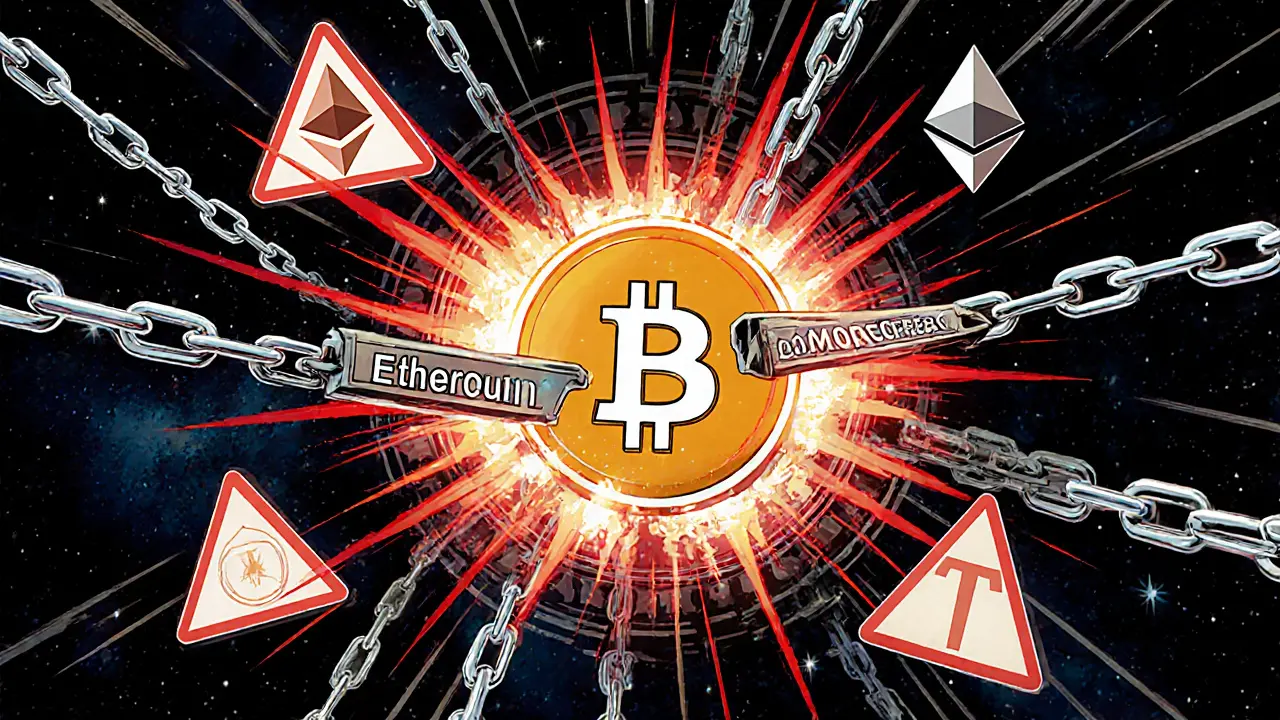When the OFAC sanctions, U.S. government restrictions that block transactions with individuals, entities, or countries involved in illegal activities. Also known as Office of Foreign Assets Control sanctions, these rules directly impact crypto projects, exchanges, and even individual wallets. If a token’s team, founders, or infrastructure is linked to a sanctioned person or country, that token can be frozen, delisted, or declared illegal to trade—even if it’s built on a decentralized network. This isn’t theoretical. We’ve seen it happen with exchanges like YOOBTC and Winstex, where users suddenly couldn’t withdraw funds, and tokens like LENDA and SHY, where the team vanished under scrutiny. OFAC doesn’t target the blockchain—it targets the people behind it.
That’s why crypto exchanges, platforms where users trade digital assets, often required to comply with U.S. financial regulations like BitMEX or Burency Global get shut down or restricted. They don’t always have KYC, but if they serve U.S. users or process transactions tied to sanctioned addresses, they’re at risk. The crypto regulations, rules enforced by agencies like the U.S. Treasury, SEC, or MAS to prevent money laundering and illicit finance aren’t just about big banks anymore. They’re in your wallet. Singapore’s MAS, for example, now demands strict AML checks—even for small DeFi platforms. If a project can’t prove its team is clean, it gets buried under compliance pressure. That’s why the HeroesTD airdrop and THN token claims are red flags: no official team, no legal structure, no way to verify compliance. These aren’t just scams—they’re OFAC magnets.
And it’s not just about avoiding scams. If you’re trading tokenized stocks like AXPon or holding NFTs tied to a project with questionable origins, you’re indirectly handling assets that could be flagged. OFAC doesn’t care if you bought it on a no-KYC exchange. If the asset is on their list, your wallet could be frozen. The sanctioned crypto tokens, digital assets officially blocked by OFAC due to ties to illegal actors or jurisdictions aren’t always obvious. Some look like meme coins. Others masquerade as gaming tokens or yield farms. The common thread? No transparency. No legal backing. No accountability. That’s why DexBand digs into projects like Steakd, BATH, and WSPP—not just to warn you they’re dead, but because they’re likely violating sanctions by design.
Below, you’ll find real reviews of exchanges, tokens, and airdrops that either got caught in OFAC’s crosshairs or dodged them by staying clean. You’ll see who got banned, who vanished, and who kept their heads down. No fluff. No hype. Just what’s real, what’s risky, and what you should avoid—before you lose access to your funds.

OFAC now sanctions over 1,200 crypto addresses linked to terrorists, hackers, and state actors. Learn how U.S. sanctions target wallets, stablecoins, and even AI trading bots-and what it means for users and exchanges in 2025.